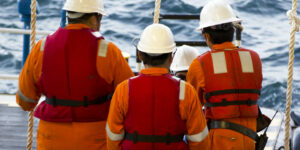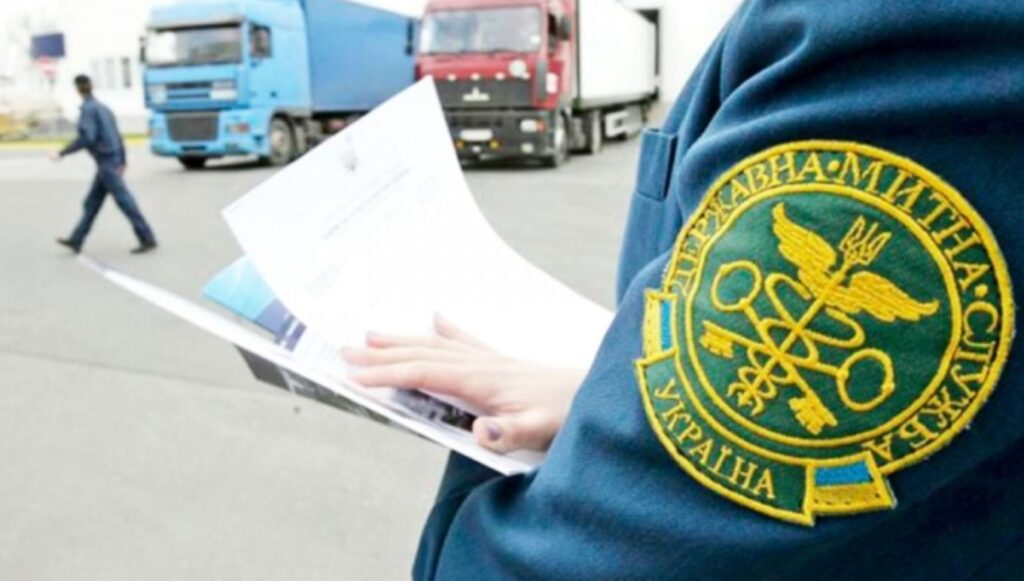Could Russia be brought to justice for war crimes at sea?
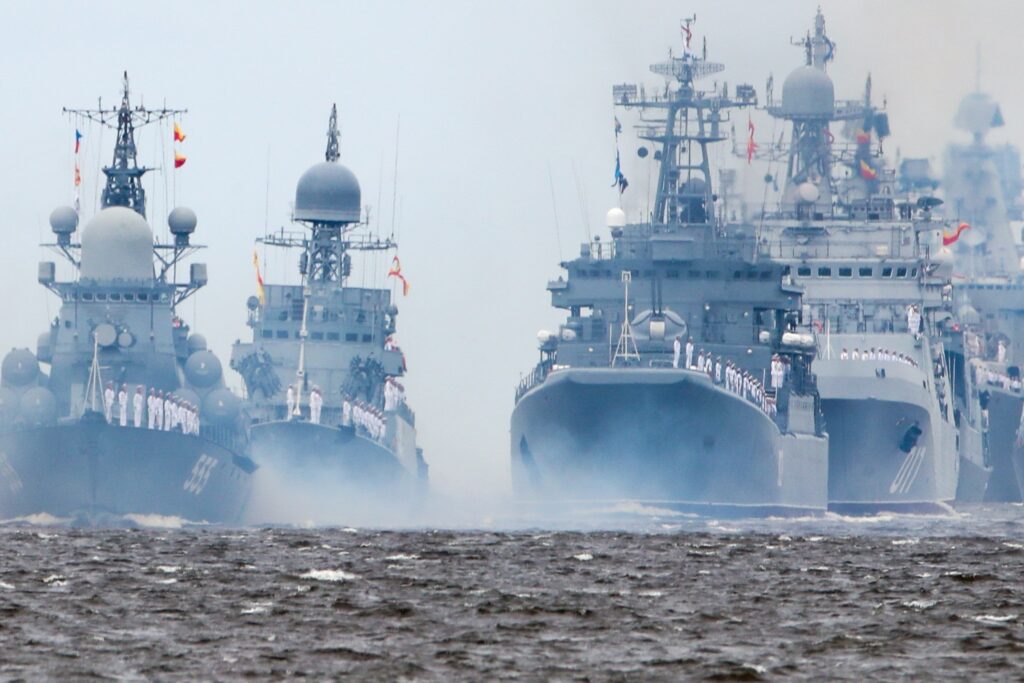
At the time when Russia is shelling civilian ships, and the UN Security Council is more like a circus performance, it is worth turning to historical examples and international legislation. USM discusses Russia’s violations of the rules of war at sea, the San Remo Directive, and possible liability for crimes against shipping.
There are rules evenduring the wars. At least, in the past, the civilized world imagined an “ethical” armed conflict in which the civilians of the parties at war suffered as little as possible.
“Norms” in abnormal times regulate international documents. Russia has already violated many of them: the UN Charter, the Hague and Geneva Conventions, the Treaty on the Non-Proliferation of Nuclear Weapons and many others.
What is important is that some of these documents also contain rules for waging war on water. And since the beginning of the full-scale invasion, Russia has violated more than one document and attacked more than one civilian vessel in Ukraine.
Examples when Russia violated the rules of warfare at sea
Thus, in February 2022, the terrorist country seized the search and rescue ship “Sapfir”, which was carrying out a humanitarian mission in the area of Zmiinyi (Snake) Island.
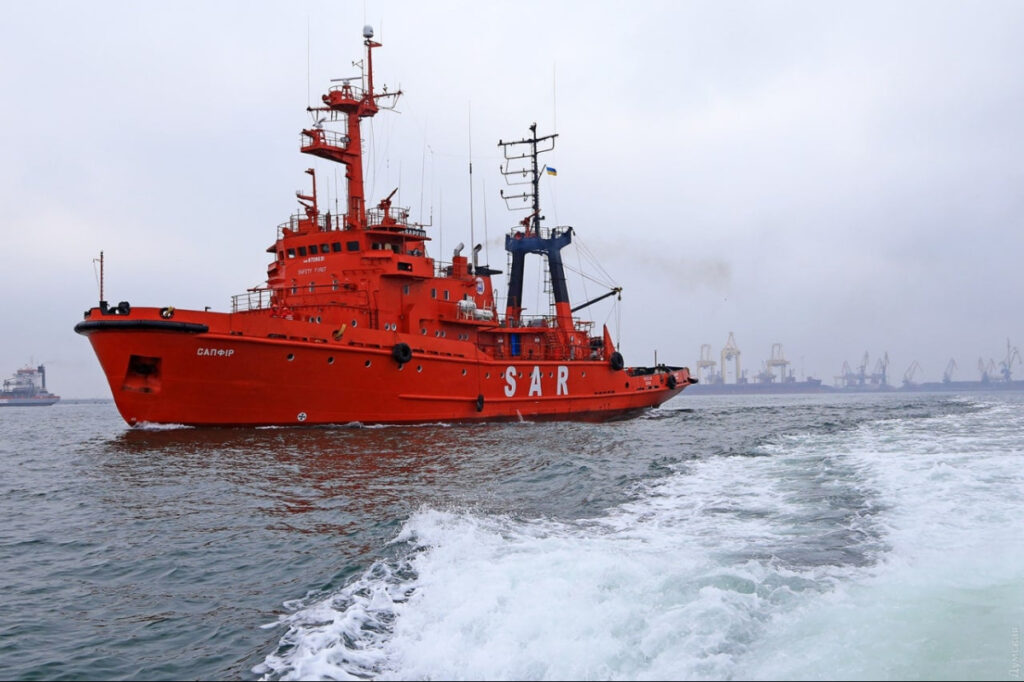
These actions are a violation of the International Law of the Sea and the conduct of warfare at sea – according to the San Remo Directive of International Law Applicable to Armed Conflicts at Sea (1994), enemy humanitarian and rescue vessels cannot be attacked.
It is known that a priest was onboard of “Sapfir”, because the vessel was heading to Zmiinyi island to take the bodies of the diseased defenders (as it was believed at that time) from there. Thus, “Sapfir” could also be classified as a vessel performing religious functions – and attacks on them are also prohibited, according to the document.
Also in 2022, the Russians attacked twice the tanker “Millennial Spirit” under the flag of a third country — Moldova. The ship was carrying fuel oil and diesel fuel.
In 2023, the Russian Federation also continued to violate all international documents and fire on civilian vessels:
• On January 29, the Russian army shelled Kherson port and damaged two foreign ships. As a result, oil products leaked into the Dnipro;
• On August 13, the Ministry of Defense of the Russian Federation proudly reported that the ship “Vasily Bykov” stopped the civilian vessel “Shyukryu Okan” in the Black Sea with shots;
• On November 8, the enemy hit a X-31P missile in the direction of one of the ports of Odesa region — and hit a trading ship under the flag of Liberia.
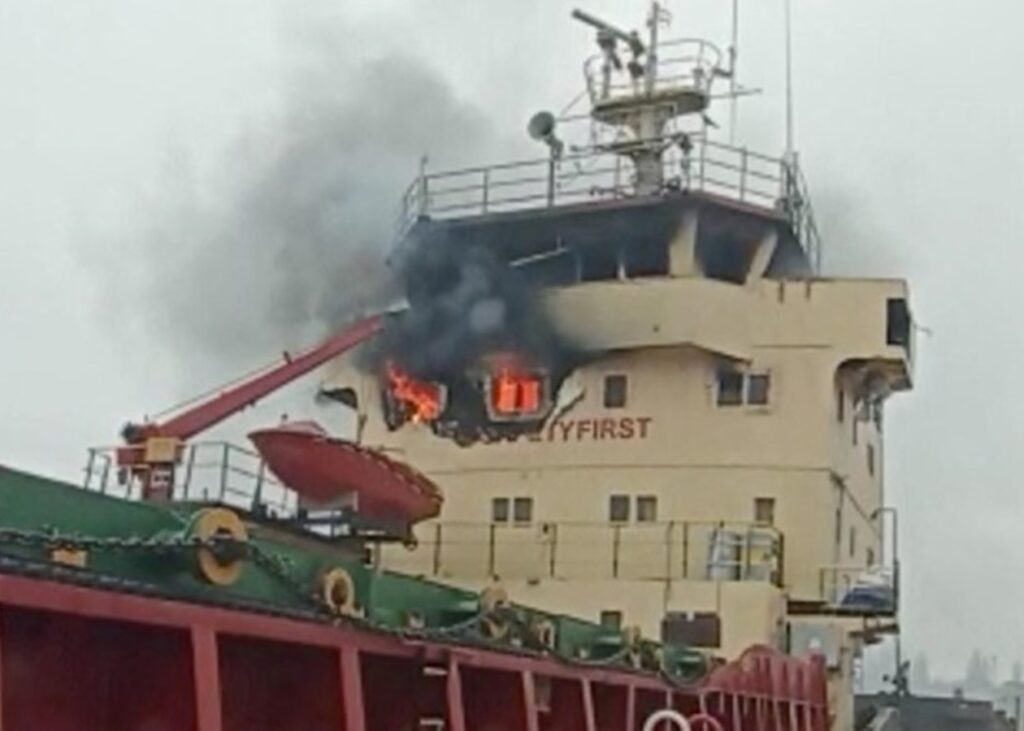
One of the ships that suffered from the Russian attack in the port of Kherson
How international law works in relation to armed conflicts at sea
As Bohdan Ustymenko, director of the National Security Institute, an international lawyer and doctor of philosophy in the field of political science, told USM, there are several legal documents on the rules of warfare at sea.
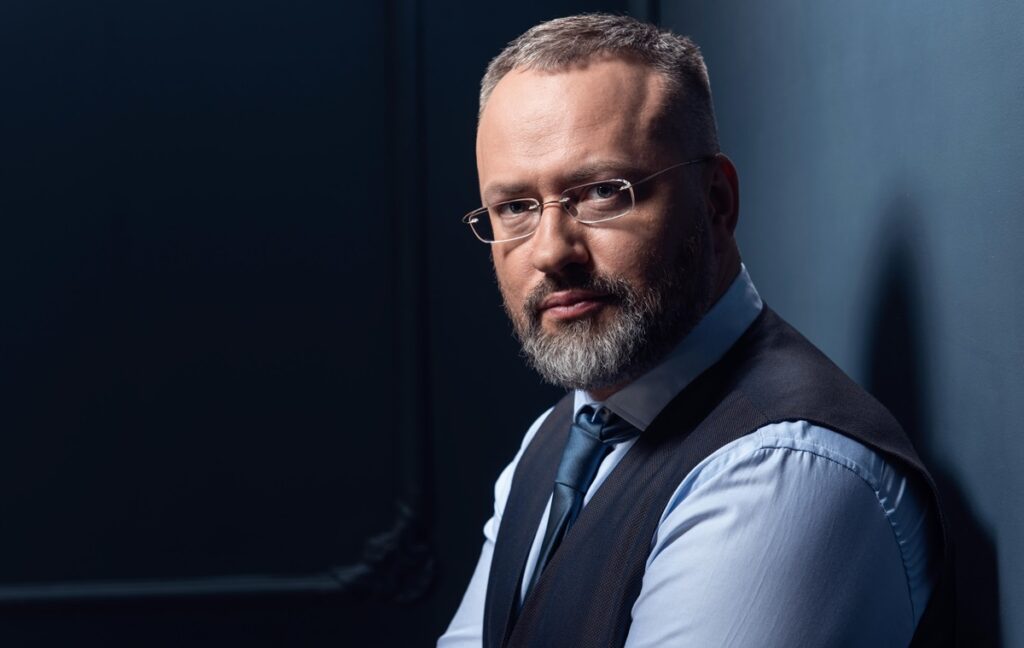
These are, in particular, the Hague Convention of October 18, 1907 on Bombardment by Naval Forces in Time of War, the Hague Convention of October 18, 1907 on Certain Limitations in the Use of the Right of Capture in Naval War, the Geneva Convention of August 12, 1949 on the Amelioration of the Fate of the Wounded, Sick and persons who suffered a shipwreck, members of the armed forces at sea, etc.
There is also the aforementioned 1994 Sanremo Guide. The manual was developed by a group of specialists in international law and naval experts from 24 different countries in 1988-1994.
According to Bohdan Ustimenko, the San Remo Guide itself is a summary of the norms of international law applicable to armed conflicts at sea, and also contains expert positions.
For example, the Guidelines contain a definition of when the activities of a merchant vessel make it a military object (paragraph 60). The document also contains a list of cases when merchant ships under the flags of neutral states can be attacked (paragraph 67).
According to the document, the following vessels can be considered as military objects in case:
- Mines are installed on them;
- They tear underwater cables and pipelines;
- Take part in the inspection and search of neutral merchant ships, etc.
However, such descriptions fits… Russian ships that transport oil products for military purposes. Are the Sparta-type ships of the Russian “Oboronlogistics” transporting weapons. Let’s not forget about the sabotage of pipelines and underwater cables abroad, in which vessels connected to the Russian Federation may be involved.
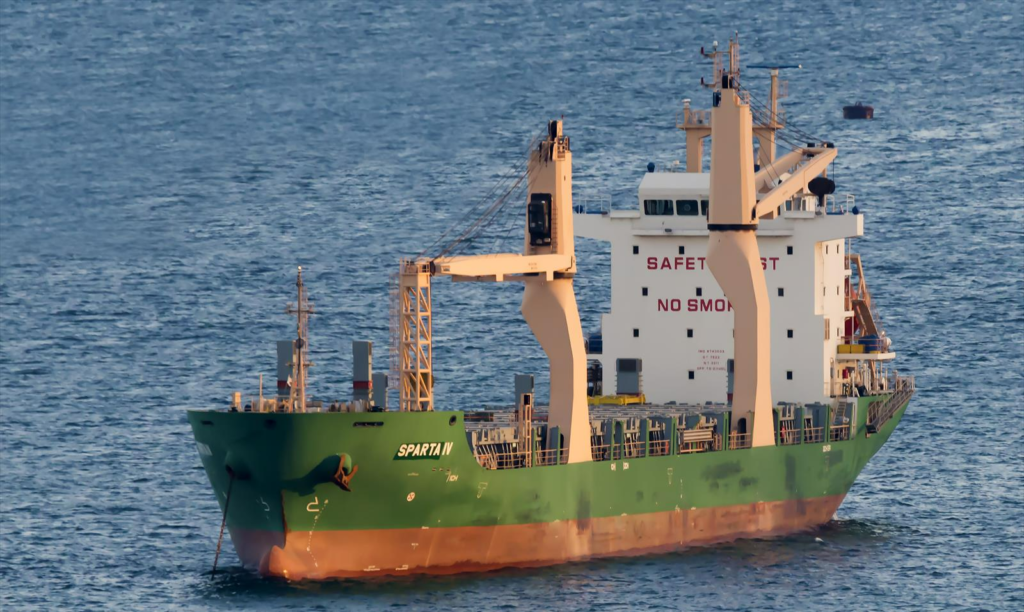
Is San Remo Directive relevant nowadays?
According to Bohdan Ustimenko, the San Remo Directive are not a document that states are obliged to comply with, it is not an international treaty concluded by subjects of international law.
“I would like to draw attention to the fact that after the completion of the work on the San Remo Directive, many events took place that are important for the development of the law of armed conflict at sea,” the expert noted.
In general, the last 30 years have demonstrated the widespread use of new means of warfare at sea. This is the development of drones and directed energy weapons (DEWs), including combat lasers, etc. In addition, international courts and the organization adopted a number of important decisions affecting maritime security.
“This is why the San Remo Directive of 1994 are losing their relevance. In turn, a modern international document is the 2023 Newport Guidelines on the Law of Armed Conflict at Sea. The authors of this Guide are leading scientists from the main maritime nations of the world, namely: Australia, India, Germany, the United Kingdom, the United States and Japan. It must be added that the Newport Guidelines are also unique in that they reflect the law enforcement practice of the maritime states listed above,” said Bohdan Ustymenko.
But it should be taken into account that the Newport Guidelines, as well as the San Remo Directive, are not an international treaty binding on its parties.
Is there a future for international documents regulating military actions
In 1945-1946, the Nuremberg trials of the Allies against representatives of the Third Reich took place. On the dock were, in particular, Grand Admiral of the fleet of the Third Reich and Commander-in-Chief of the German Navy Karl Dönitz, as well as Commander-in-Chief of the Navy Erich Roeder.
The defendants were accused of war crimes. Including:
• murders and cruel treatment of the civilian population in the occupied territories and in the open sea;
• murders and cruel treatment of prisoners of war and military personnel of countries with which Germany was at war, as well as persons sailing on the high seas.

Karl Dönitz at the meeting of the Nuremberg Tribunal (farthest in the second row).
We asked Bohdan Ustimenko whether it is possible to hold the Russian Federation accountable for crimes, including those at sea, in a similar way.
“We are all now witnesses of the destruction of the world order, the contours of which were outlined back in 1945. The UN has turned into a paralyzed bureaucratic structure, unable to protect its members from international crimes. The Security Council works inefficiently,” the lawyer shared.
The expert noted that since the end of 1991, the Russian Federation has been occupying the seat of a permanent member of the UN Security Council without any legal grounds — and this situation cannot be called anything other than a “theatre of the absurd.”

Permanent representative of the Russian Federation in the UN Security Council, Vasiliy Nebenzia.
“Whether NATO will be able to give a decent rebuff to Russia in the event of an attack by this serial aggressor on one of the Organization’s members is a question that cannot be answered affirmatively today, unfortunately,” said Bohdan Ustymenko.
He also reminded that “diplomacy without weapons is like music without instruments.” That is why international law is helpless without coercive force mechanisms and the readiness to use them against violators.
“The immediate future may lie with relatively small regional security alliances of states pooling their own resources for collective security. But a logical question arises: can any regional union ensure the safety of shipping in the World Ocean? The answer to this question cannot be positive,” the lawyer shared.
At the same time, Bohdan Ustimenko is sure that the Russian Federation – both the state and Russian criminals – will be held accountable and will pay for all violations of international law.
“It is obvious that we have years of systematic and hard work ahead of us in the legal sphere of assessing Russian war crimes. Including at sea,” the expert summed up.


